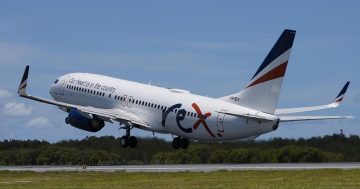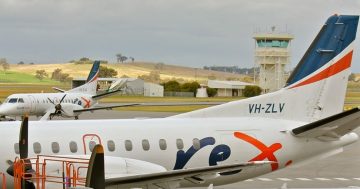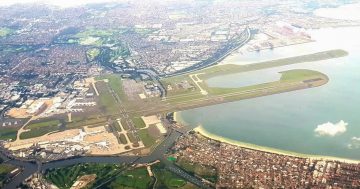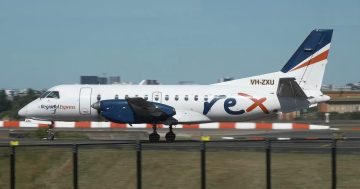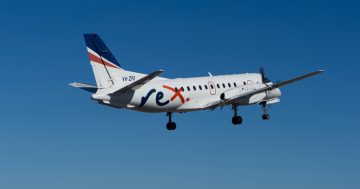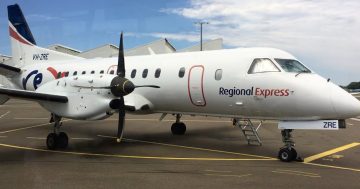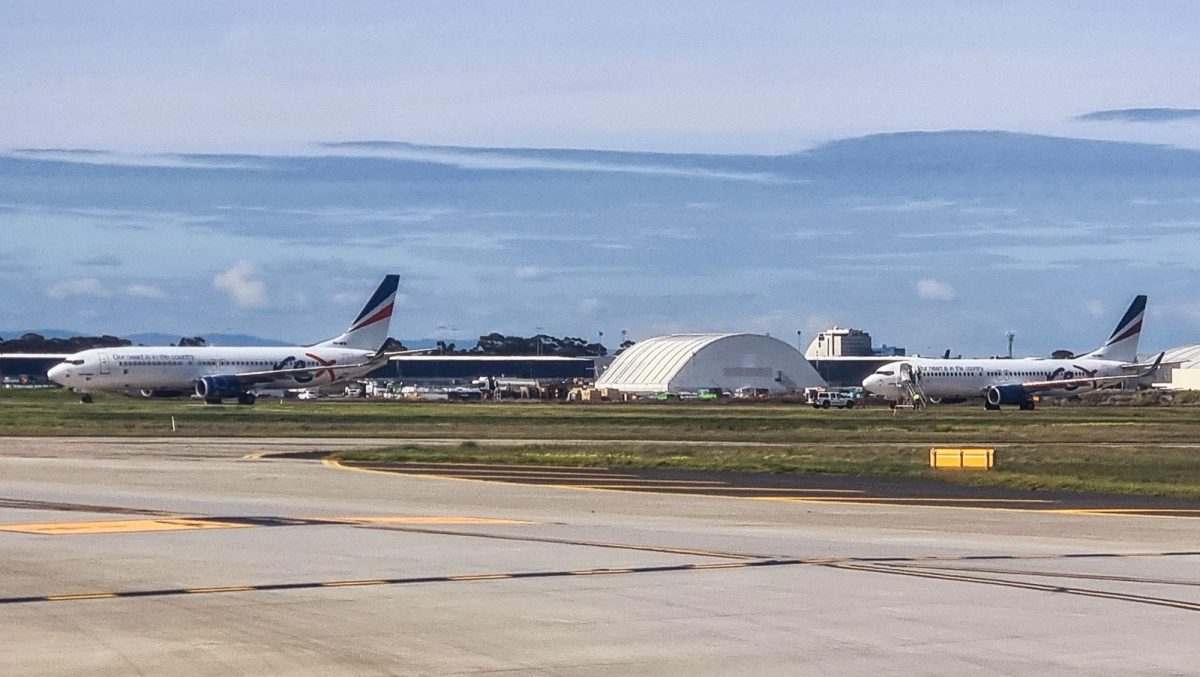
Former Rex 737s parked up awaiting their next operator at Melbourne Airport earlier this month. Photo: Andrew McLaughlin.
Troubled regional airline Rex has been given a guarantee that it can keep its landing slots at Sydney Airport while it goes through its administration and the new slot management tender process is underway.
With the folding of its intercity jet services last month, Rex’s administrators were concerned it may lose the landing slots it had held for those services. Australian airports have a ‘‘use it or lose it’’ criterion where, if an airline doesn’t use 80 per cent of its allocated landing slots, it must give them up.
Fresh from the 26 August release of the Federal Government’s Aviation White Paper, Minister for Infrastructure, Transport, Regional Development and Local Government Catherine King said she had directed the slots manager at Sydney Airport to suspend the application of the 80 per cent test as it applied to Rex until March 2026.
“Along with our guarantee for regional flight bookings, this forms part of our commitment to supporting regional communities and ensuring they are connected to major capital city destinations,” she said, adding that she expected Rex to hand back any slots that it did not intend to use in the upcoming scheduling season.
“This will ensure other airline operators are not deprived of the ability to use unutilised slots.
“Our government will continue to work closely with Rex’s administrator to determine a path forward that ensures regional aviation has a strong future in this country.”
The government’s support of Rex follows its 15 August commitment to guarantee regional flight bookings during the voluntary administration process. The airline operates passenger and freight services on 41 regional routes across Australia, including 21 that only it serves.
On 30 July, Rex’s nine Boeing 737s were grounded after nearly $500 million in losses since the jet services began in 2021. The airline reportedly owes debts to 5000 creditors, and some 600 workers lost their jobs.
However, the airline’s regional services operated by propeller-driven, 36-seat Saab 340s are still deemed viable and will continue under administration for the foreseeable future.
The government said that as these routes were considered essential services for those communities, it had moved to assure Rex passengers that they could continue to book flights during the administration process with confidence that they would either fly or be refunded.
“As the administration process continues, the government, of course, remains absolutely committed to supporting our regional communities to ensure that they stay connected to our major capital city destinations,” Ms King said.
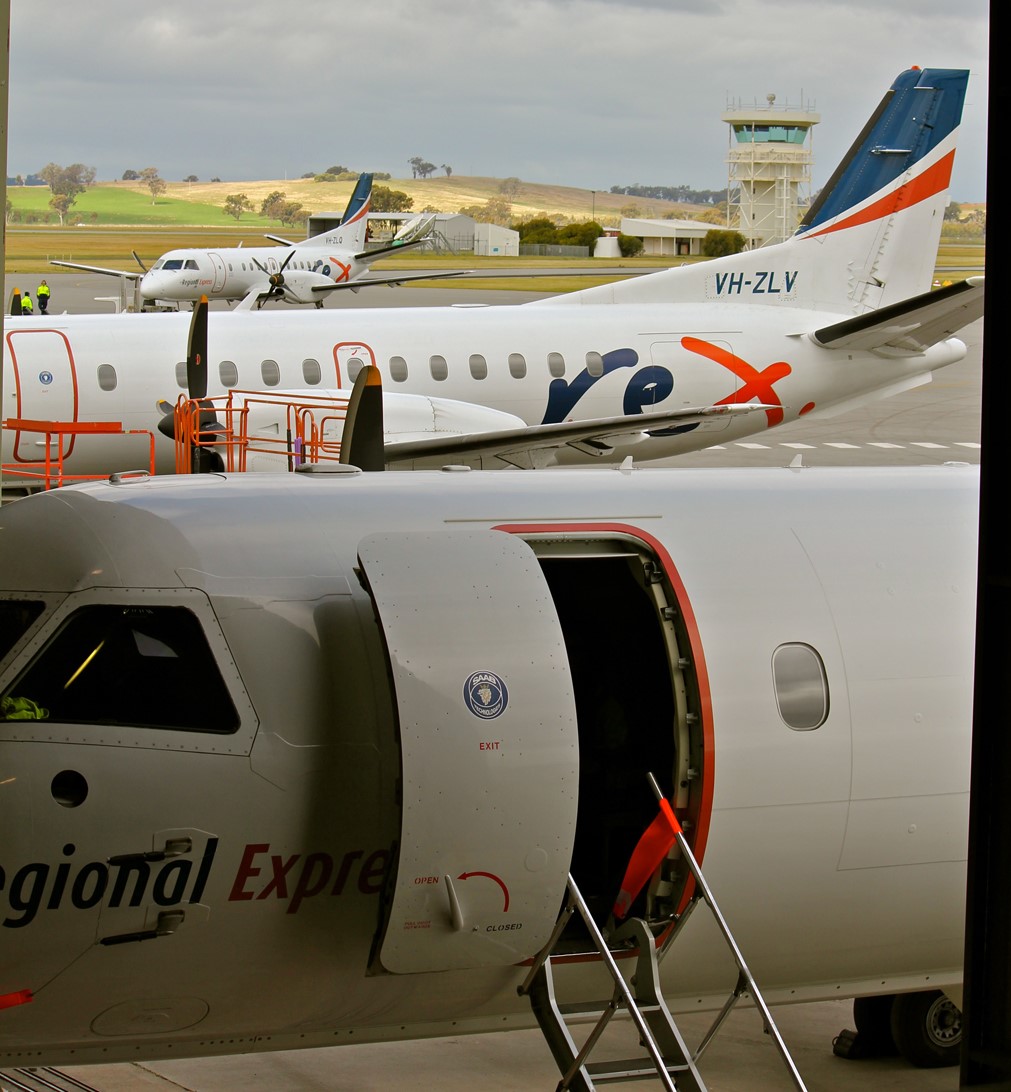
Rex runs a fleet of more than 50 Saab 340 aircraft on its regional services, which remain viable. Photo: Rex Media Centre.
The slot tender process will likely be a drawn-out one and replace the current slot manager, which is majority-owned by Qantas and Virgin Australia, Rex’s two competitors on the jet routes that have now ceased operation.
“Change is already underway to reform Sydney’s airport,” Ms King said.
“Slot management arrangements are an important step in enhancing competition, and the opening of Western Sydney International Airport in 2026 will be a genuine game-changer for access to the Sydney basin. We have a competitive tender out right now to select the slot manager.”
Despite calls from industry to appoint a company independent of the airlines to manage Sydney’s slot system, Ms King is non-committal.
“We’ve gone out for competitive tender,” she told media at the Aviation White Paper launch.
“Let’s see what comes in. We haven’t made decisions about who the next slot manager will be, but we’ve gone out to – literally competitive open tender for that process.”
The announcement of the White Paper and additional support for Rex coincides with the government’s announcement that Western Sydney International Airport’s first international airline operator will be Singapore Airlines.
On 27 August, Prime Minister Anthony Albanese and Minister King said Singapore Airlines had confirmed its intention to operate from the new airport when it opens in 2026, providing additional options for travellers to connect through its huge Singapore hub.
“From Singapore’s Marina Bay to Sydney’s Badgerys Creek, this shows the bright future ahead for Western Sydney International,” Mr Albanese said.
“Connecting Western Sydney with the world, while boosting jobs, skills and opportunities right across this region.”
Ms King said the strategic partnership with Singapore Airlines recognised Western Sydney International’s status as a world-class airport and new gateway to Asia.
“Tourism is a major contributor for Sydney and Australia, with WSI a major contributor to opportunities for jobs and local businesses,” she said.


